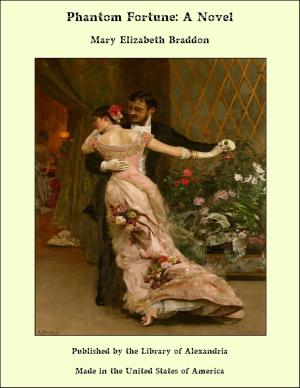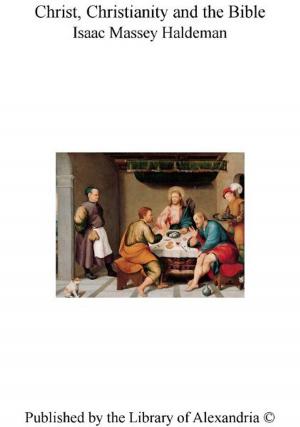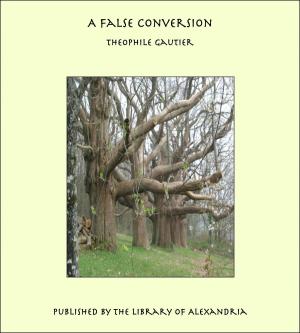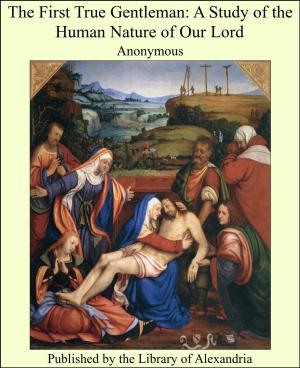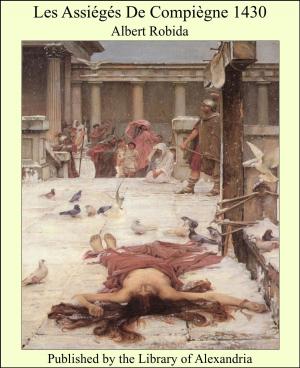Christmas Stories and Legends
Nonfiction, Religion & Spirituality, New Age, History, Fiction & Literature| Author: | Various Authors | ISBN: | 9781465515810 |
| Publisher: | Library of Alexandria | Publication: | March 8, 2015 |
| Imprint: | Language: | English |
| Author: | Various Authors |
| ISBN: | 9781465515810 |
| Publisher: | Library of Alexandria |
| Publication: | March 8, 2015 |
| Imprint: | |
| Language: | English |
Some years ago a collection of short stories under the title, "Emmy Lou: Her Book And Heart," was offered to the American public as a plea for and a defense of the child as affected by the then prevailing stupidity of the public schools. The present series of stories is written to show that the same conditions which in the school make for confusion in the child's mind, exist in the home, in the Sunday school and in all its earlier points of contact with life; the child who presents itself at six or even at five, to the school and teacher, being already well on the way in the school of life, and its habits of mind established. It is the contention of these new stories that the child comes single-minded to the experience of life. That it brings to this experience a fundamental, if limited, conception of ethics, justice, consistency and obligation. That it is the possessor of an innate conscience that teaches it to differentiate between right and wrong, and that the failure to find an agreement between ethics and experience confronts the child long before its entrance at school. Not only do its conceptions fail to square with life as it finds it, but the practices and habits of the persons it looks up to fail to square with what these elders claim for life. Further, the child meets with an innate stupidity on the part of its elders that school cannot surpass, a stupidity which assumes knowledge on the child's part that it cannot possibly have
Some years ago a collection of short stories under the title, "Emmy Lou: Her Book And Heart," was offered to the American public as a plea for and a defense of the child as affected by the then prevailing stupidity of the public schools. The present series of stories is written to show that the same conditions which in the school make for confusion in the child's mind, exist in the home, in the Sunday school and in all its earlier points of contact with life; the child who presents itself at six or even at five, to the school and teacher, being already well on the way in the school of life, and its habits of mind established. It is the contention of these new stories that the child comes single-minded to the experience of life. That it brings to this experience a fundamental, if limited, conception of ethics, justice, consistency and obligation. That it is the possessor of an innate conscience that teaches it to differentiate between right and wrong, and that the failure to find an agreement between ethics and experience confronts the child long before its entrance at school. Not only do its conceptions fail to square with life as it finds it, but the practices and habits of the persons it looks up to fail to square with what these elders claim for life. Further, the child meets with an innate stupidity on the part of its elders that school cannot surpass, a stupidity which assumes knowledge on the child's part that it cannot possibly have

